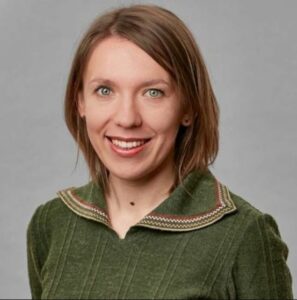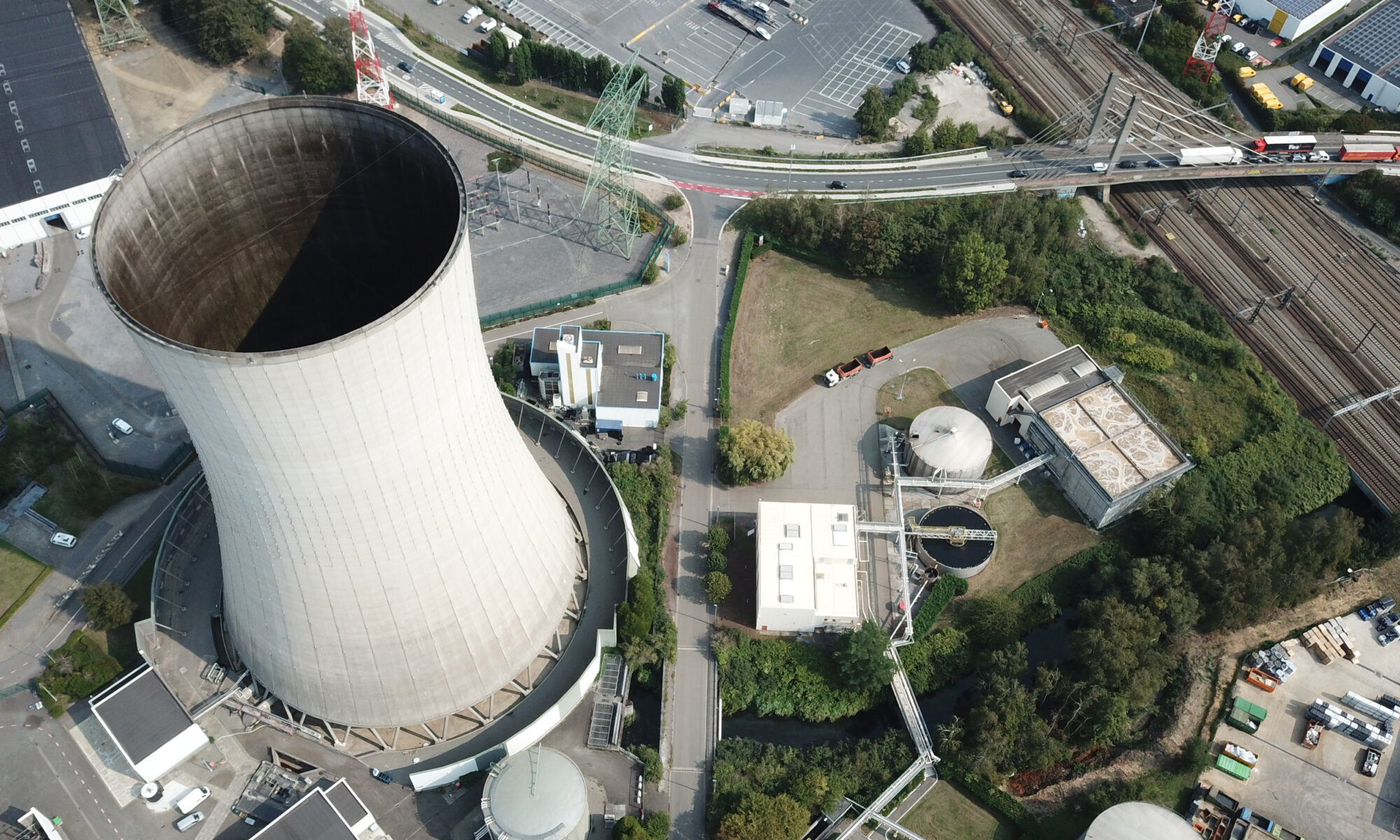Three months after her PhD defense on the topic of decentralized energy systems, Iolanda Saviuc took a moment to reflect on her PhD process. She became curious about the connection that people who did a PhD share and wondered what is behind this connection.
The three months since completing my PhD have created a distance that is arguably welcome for reflection – and yet, looking at it now from this new, graduate perspective, I find myself even more clueless about what exactly happened in the process.
One thing is clear: based on conversations with other doctors, both in real life and in online contexts, there is this persisting feeling that we ‘get’ each other, that we have something in common (even if otherwise from wildly different backgrounds), and that the experience of having gone through a PhD enables some kind of connection.
PhD community
This is the empiric evidence. The research question that arises from this situation is, well, “What exactly is behind this connection?” Admittedly, all professions have their own similar communities, but I wonder about the particularities of the community of PhD graduates. Is it the management of uncertainty and rejection when publishing papers? Is it the flexibility that is trained by the non-linear process of research? The personal development that is influenced by constant inquiry?
In a rather tongue-in-cheek nod to the practice of academic writing, I actually checked scientific literature on that and found it to be insufficient, which suggests a legitimate research gap.
Hedgehogs and foxes
But, academic writing aside, when I look back at the years of my PhD I think about the classic divide between ‘hedgehogs’ and ‘foxes’, between the people who know one thing and in-depth, and the people who know many things, not in-depth. Both of the extremes have their strengths and weaknesses, and none is ‘better’ than the other, but for me, these years of training have been a lesson in pursuing the middle of this spectrum.
Sometimes it was just not useful to go into more detail, so the single-minded hedgehog in me needed to be contained; just as sometimes it was not useful to add yet another perspective to the discussion, so the enthusiastic fox in me needed to be reined in. At some point during the last four+ years I suppose something magic happened and, unbeknownst to me, the two characters seem to have reached an agreement to cooperate by taking turns.
Sticking to the plan or not?
On a related note, a similar tension followed my entire PhD when it came to either following a plan or taking a sharp turn and changing the direction. It was certainly reassuring to learn that most PhD candidates end up presenting a dissertation markedly different from what they would envision when they were starting out.
However, there is no recipe and no assessment tool to help decide when to stick to the plan, and when is a good time to make a lateral jump. In my case, as I came in looking at decentralized energy systems, the more I looked the more decisions faced me: do I stay with what I thought was going to be a more theoretical approach – or do I look more at real-life case studies? Do I look at systems in general, or should I narrow down the scope? There is no objectively ‘right’ answer, and so the outcome ultimately reflects the personality of the student, and the degree to which the hedgehog and the fox have been able to cooperate.
Perhaps this entire balancing act, the constant mediation between the hedgehog and the fox towards an outcome that is open anyway – maybe this is a key formative experience in the course of the PhD? And maybe this is what contributes to the connection within this otherwise diverse community? If there’s anyone out there who will take an academic look at this question, I’ll be certainly curious whether this hypothesis has something to it.
 Iolanda Saviuc is part of the Department of Engineering Management at the University of Antwerp.
Iolanda Saviuc is part of the Department of Engineering Management at the University of Antwerp.


